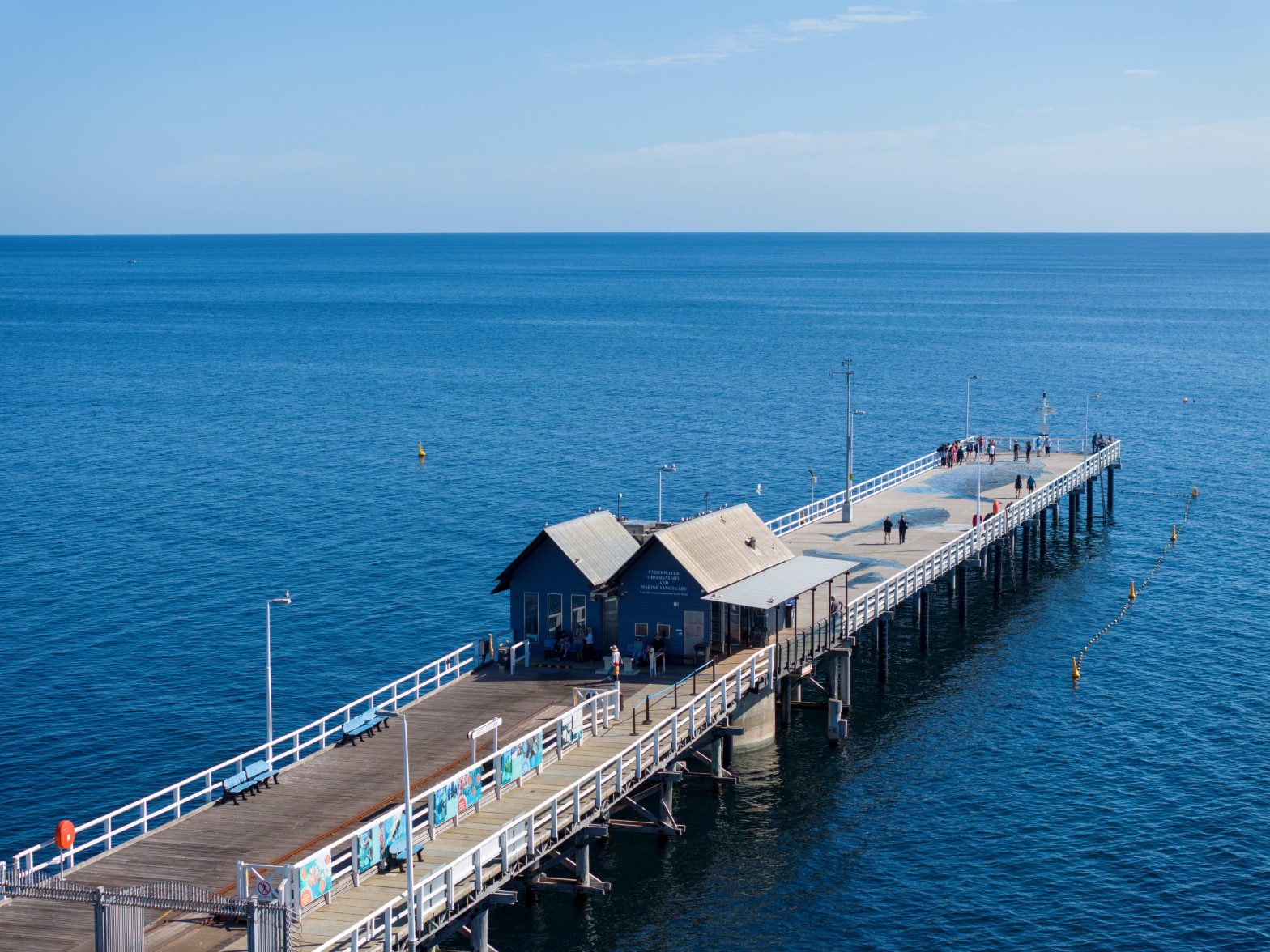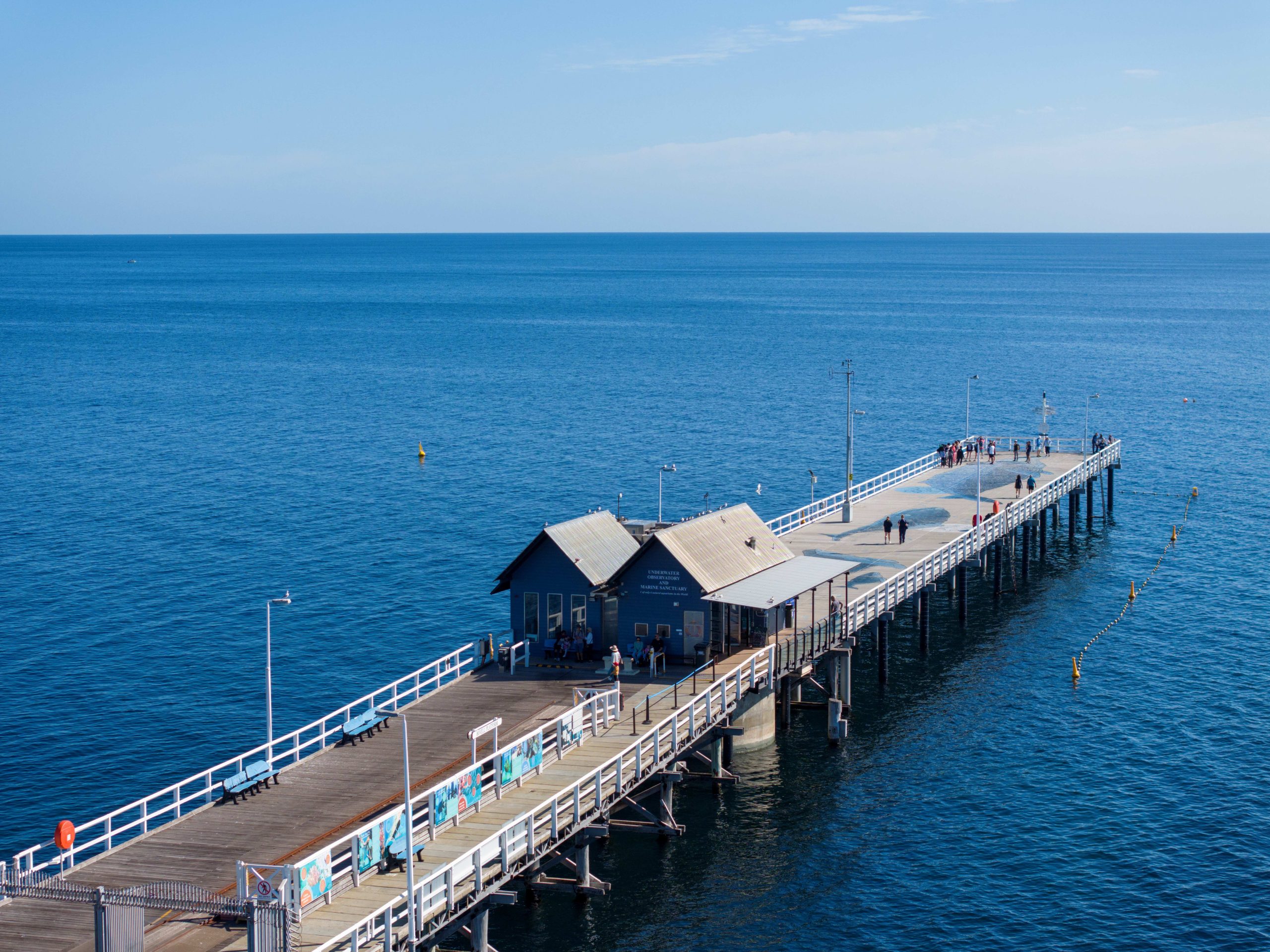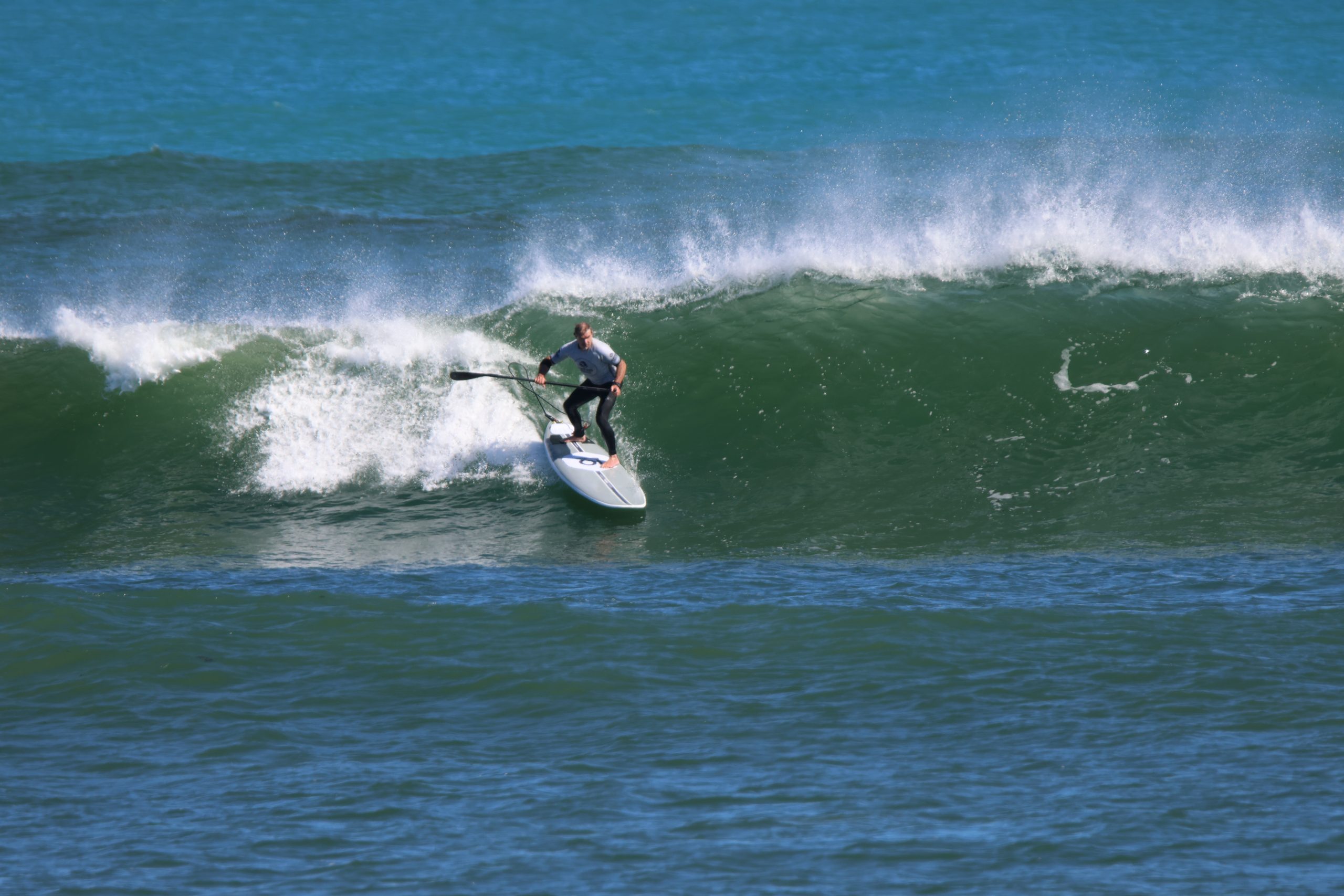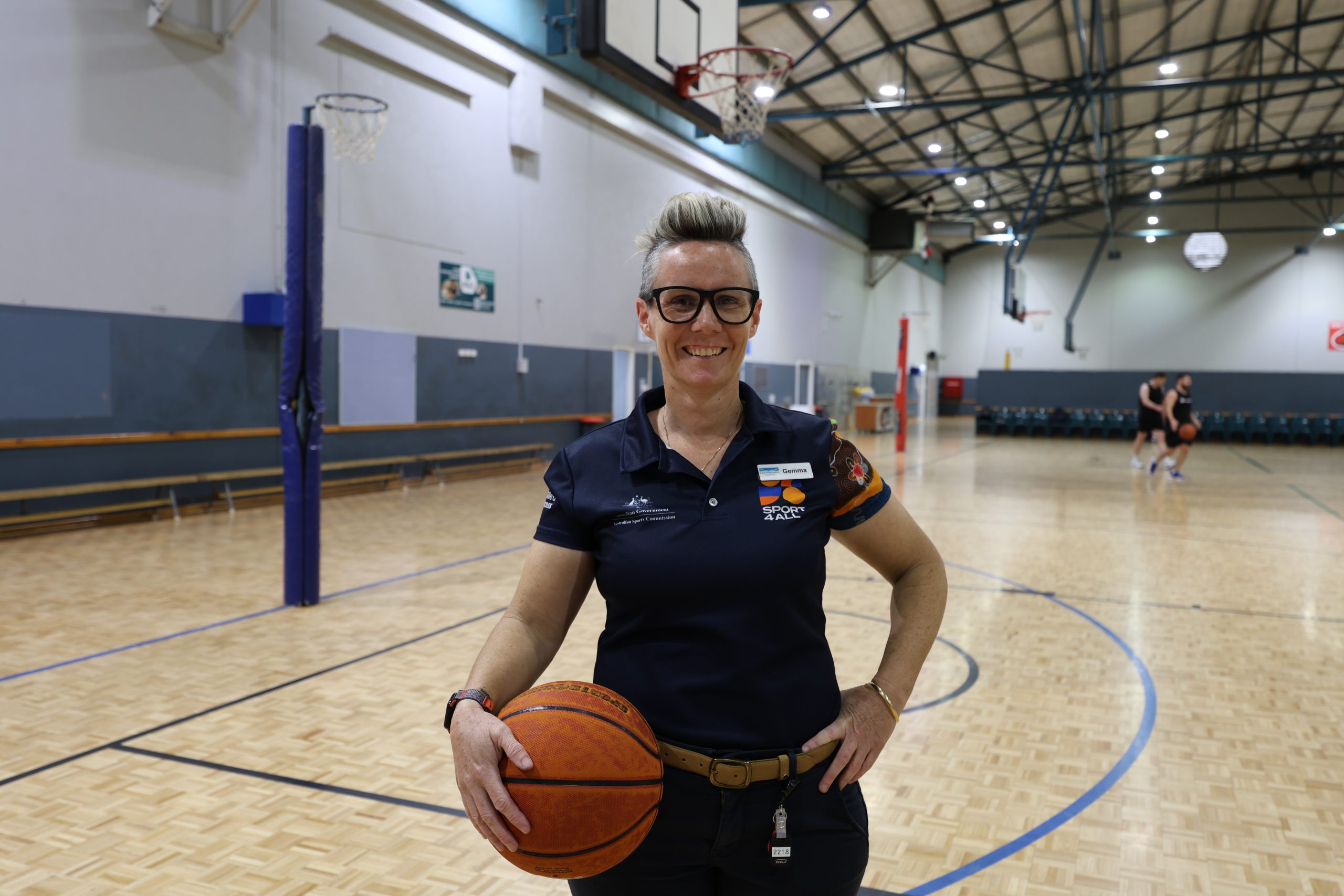How do we address grief? | Mindful Margaret River
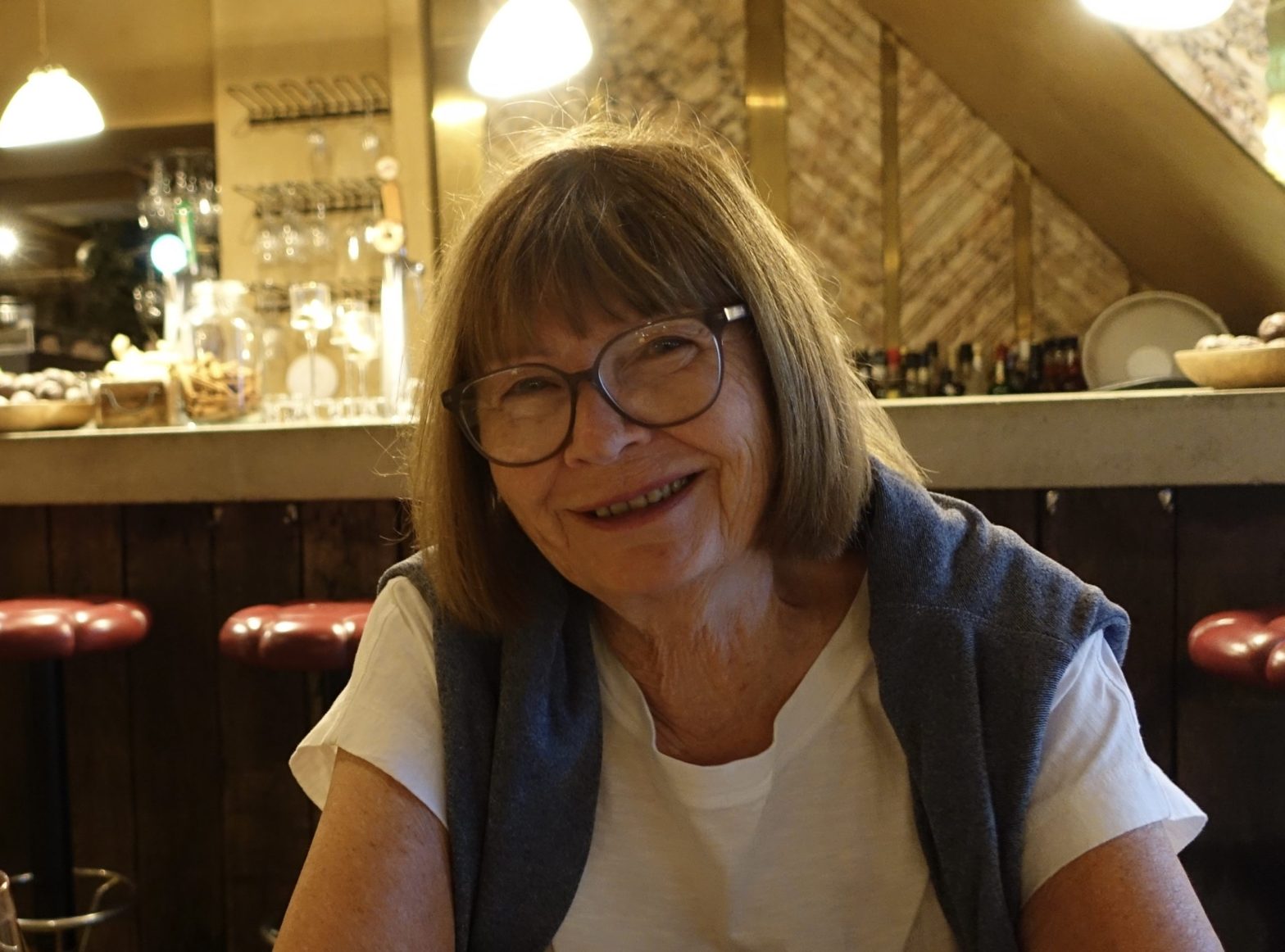
Mindful Margaret River chair Marilyn Hopkins says the stages of grief are unpredictable and unique to each person's journey. Picture via Mindful Margaret River.
I am the current Chair of Mindful Margaret River, but I have no expertise, qualifications or skills in talking about grief.
However, like many people my age, I have experienced grief in my life and the different ways the various stages of grief can affect me.
As a lawyer dealing with deceased estates for more than 50 years, I have also witnessed how loss and grief affects others.
Margaret River has recently suffered some significant losses, and I wanted to start the conversation about grief in the hope that those of you who are experiencing loss and grief, or even some discomfort because you are affected by the grief of others, will know it is ok to think and talk about what you’re feeling.
There are so many ways we experience grief.
There is the grief when we lose someone very close to us, such as a family member or a close friend.
That is probably the rawest kind of grief anyone can experience, and everyone reacts differently.
For me, I have often described it as a ‘white pain’, much like the ‘white noise’ which they say comes from wind farms. You can’t see it, but it certainly has a physical impact on your mind and body.
Others may tell you it’s only time which heals, but that time can seem to go on endlessly for some and the pain may never completely lift.
Because there is no real physical evidence of your pain, it is not always easy to talk about it.
The longer you suffer, the harder it can be to tell others how you feel because you feel as if you should be coping, when in truth you are not.
Another type of grief, which is one many of us will be feeling right now, is what I would loosely term ‘vicarious grief’. We feel grief for people we care about who have lost someone close to them.
Sometimes we can feel that we have no right to experience any sort of grief if we were not close to the person ourselves, but we just know there is a deep sadness or an emptiness or pain somewhere in the body, and this is a completely normal experience.
Sadly, in Margaret River, there have been some major incidents which have devastated our community.
The Gracetown cliff collapse, the 2011 bushfires and the Osmington tragedy touched everyone’s lives and understandably many members of the community were deeply affected.
For many it may have been what I have called ‘vicarious grief’, being impacted by the losses of others around you and the loss felt by the community as a whole.
Grief is not always about the death of someone. Losing a pet, a friendship or the end of a relationship can cause immeasurable grief.
We can also grieve for a lost way of life.
Many of us in Margaret River are migrants and have left our home culture, or lifestyle behind.
Even if the new life is perfectly acceptable, exciting or challenging, there can be a sense of loss for what has been left behind.
Some of us were affected by grief for a way of life lost during the pandemic.
We lost our right to travel, go to school, and visit family and friends. Those losses caused a grief which we may have been unable to even identify as grief in ourselves or in our children, but it was a loss. Many have still not recovered from the impacts of the pandemic.
It is not always easy to identify symptoms we are experiencing as grief.
Anger is a very typical symptom when we have lost someone and it may not feel justified when a person died through no fault of their own or anyone else, but there is nothing logical about the way grief can affect us.
The stages of grief are not linear or follow a set pattern.
The symptoms can be psychological and physical. Grief can affect us so badly that we literally make ourselves ill and if we do not look after ourselves, we can become unable to cope.
I have seen people who have suffered a loss busy themselves and show no outward signs of grief.
This can upset other family members who are almost unable to operate and cannot understand how their family member is carrying on in a business-like manner.
It’s important to remember each person will process loss differently and use different coping strategies to manage grief.
We talk a lot about ‘getting closure’ these days, but what does that really mean?
Holding a funeral or a celebration of life is only the starting point, not the closing.
For those of us who have migrated and missed being able to experience those funerals or celebrations of life, particularly during COVID, this lost opportunity to gather with others and say goodbye can hamper this starting point of the healing process.
So how do we address grief?
As I said above, I have no qualifications or expertise, but I can share one important tip and that is to talk to someone about how you are feeling.
Or, if you are concerned that a friend or colleague is not doing well, asking them how they are feeling with all that is going on and discuss how you both may be affected by some level of grief.
For that very raw grief, that ‘white pain’, naming the feelings when they wash over you and acknowledging them can help to process.
If intense pain that impacts your capacity to cope continues longer than you think it should or if other people are worried about how you’re coping, never be afraid to seek professional help, your local GP can help you with this.
Mindful Margaret River has an excellent website with links on how to deal with grief: mindfulmargaretriver.org.au/help-category/grief-and-loss
If you feel you cannot deal with the way you are feeling right now, there are numbers to ring:
I hope you will use this short article to start some conversations with family, friends or colleagues about how you are feeling or to reach out and check in on those around you.
Mindful Margaret River is funded by the Mental Health Commission, FRRR, the South West Development Commission and the Shire of Augusta Margaret River.
You can find out more on our website mindfulmargarteriver.org.au and follow us on Facebook.













